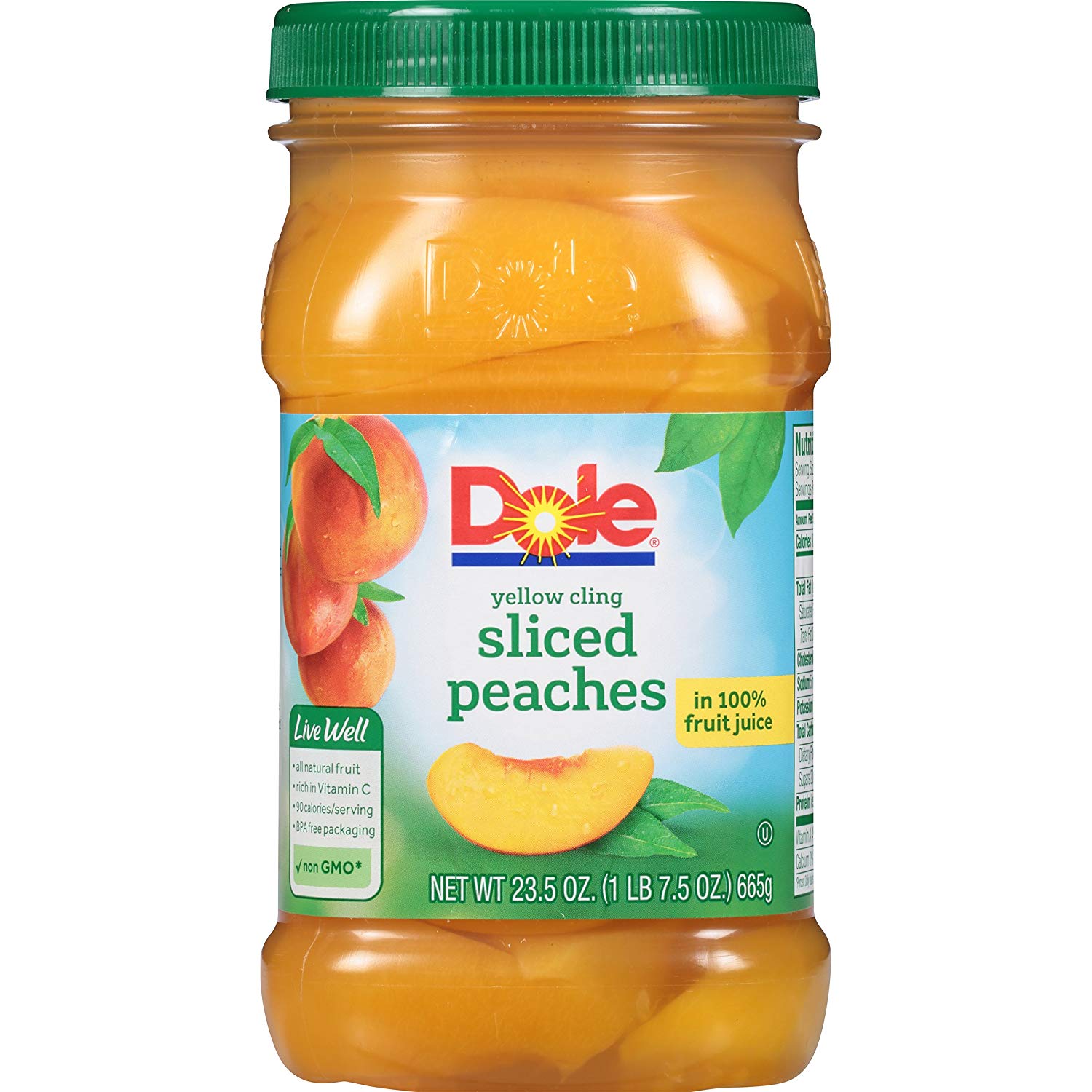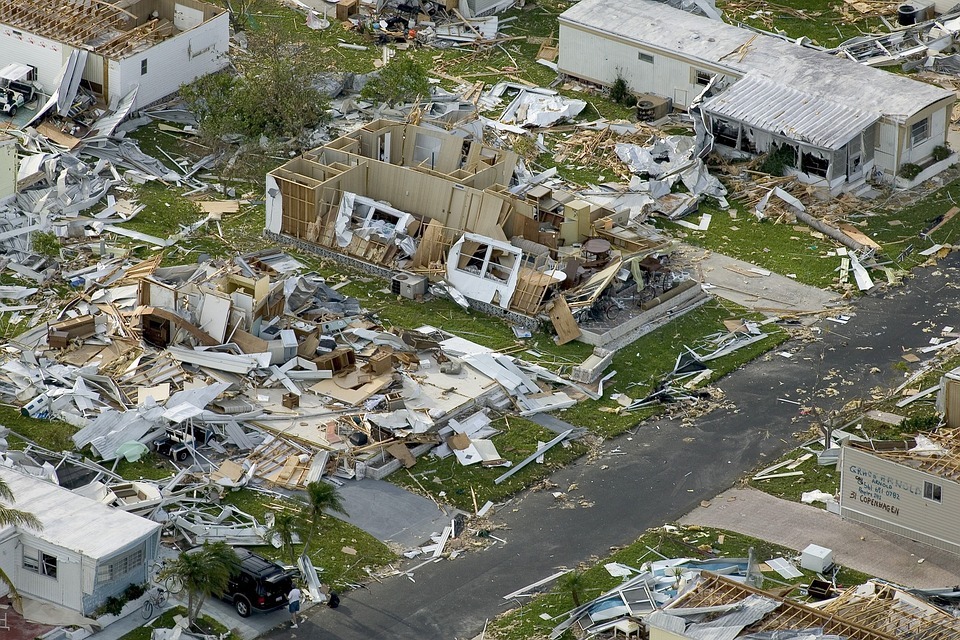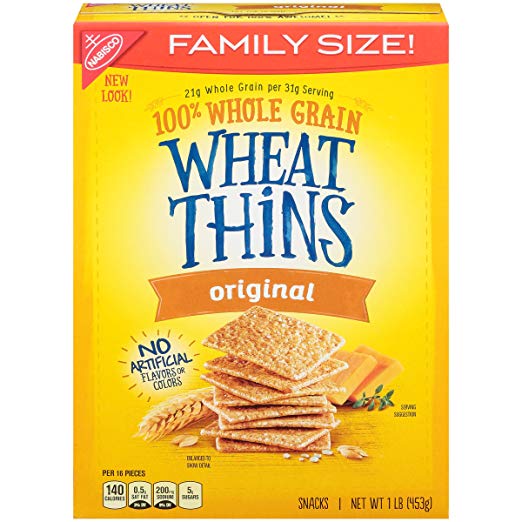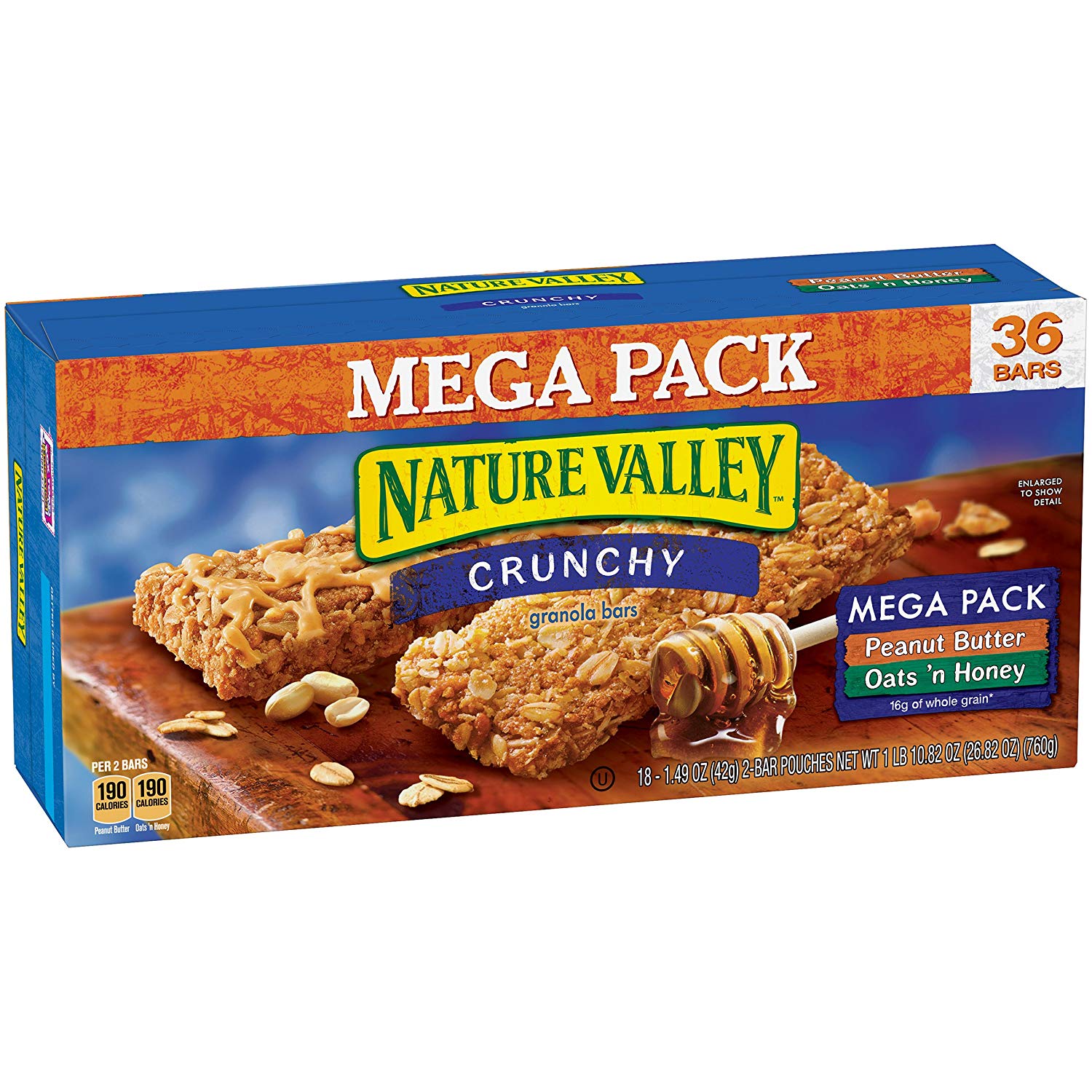Disasters like hurricanes, floods, tornadoes, and major earthquakes could leave you trapped inside your home without electricity for several days. The most important thing to consider in such situations is your and your family’s safety. If you are in your house, you will need emergency supplies, including food and water.
NOTE: Always follow local and federal guidelines for preparing for major disasters your area may face.
The things you keep in your refrigerator may last for a day or two, but for long electricity outages, you will need to keep a stockpile of food that doesn’t require electricity for storage or preparation.
Current Red Cross Guidelines suggest storing at least a 3-day supply of food for one person in case of an emergency.
What Foods to Keep?
- Foods that are not much spicy and salty because such foods may increase the need for drinking water, which may already be short.
- Foods that have a longer shelf life
- Require little or no cooking, or refrigeration
- Meet the need of every family member, including babies and those who are on special diets.
- Meet pet’s needs
How to Store Emergency Food the Right Way?
- Check the expiration date of the food you plan to buy for a major disaster. Especially, canned foods and dry mixes should be checked for expiration dates as home-canned food usually need to be thrown out after a year.
- Store canned or dried foods in a cool, dry, and dark place at the temperature of 40F to 70F.
- Store food away from refrigerator exhaust or heat sources as they may cause many foods to spoil quickly.
- Store food away from gasoline, oil, solvents, and paints as some foods may absorb their smell.
- Wrap the foods well and store them in boxes or paper cartons – doing this will protect the food from rodents and insects.
Pro tip: Consider the basal metabolic rate for each member of your family. You should add more food in a disaster situation because people aren’t normally at rest under such conditions – adding more food will compensate. For example, suppose there is a family consisting of a husband, wife (in their 40s), a son, and a daughter (between 10 and 13). Here is what they require per day:
- Husband and wife require approximately 4,400 calories per day total
- Son and daughter require approximately 2,400 calories per day total
This makes a total of 6,800 calories. Now, as a cushion, add 1000 more calories to the total, which puts our requirements at 7,800 calories per day and 234,000 calories per month.
Food Recommendations for Short Emergencies
We have seen so many unfortunate events in the last couple of years that include prolonged power outages, water supply contamination, hurricanes, etc. This is why we recommend storing at least seven days of supply of food and water for each family members, and your lovely pet too.
It is hard to believe that such emergency situations can take place in this modern era, but they sure are able to cause severe damages. However, whatever food you opt for, it should be nutritious and not require cooking.
Food Recommendations for Long-Term Emergencies
Disasters, including hurricanes Katrina and Sandy, have caused a lot of destruction in the past that they drove home the fact that it can take over a week or months for emergency responders to reach hard-hit areas. If you are located in high-risk areas, we recommend you to store at least one to three months of food supply and invest in a top-notch water purifier. Individuals or families that store more than a 6-month supply have significantly higher chances to cope with an emergency situation without much problem.
Best Food to Store
1. Beef Jerky
Beef jerky is a great source of protein that does not need to be refrigerated or requires any special storage conditions as long as it is packaged correctly. Ham and turkey jerky are also the best alternative options. You can easily find dehydrated meats in your local grocery stores.
2. Canned Fruits and Veggies

Canned fruits such as peaches, apricots, oranges, and berries are an excellent source of Vitamin C, fiber, potassium, and other essential nutrients. You can buy a stock of canned fruits when they are on sale or preserve your favorite fruit at home
Canned Veggies such as peas, carrots, and beans are loaded with antioxidants, potassium, fiber, and much more. You can easily find them in your general stores.
3. Canned Soups and Stews

Canned soups and stews are easy to store and quite nutritious. Make sure to buy soups that don’t require any additional milk or water as you will already be short on supplies.
4. Dehydrated Fruits

Dehydrated fruits such as apricots, raisins, and craisins are an excellent way of getting that essential minerals and vitamins inside your body when there is nothing else to eat. Dehydrating causes a lot of vitamin C to lose, but nonetheless, dried fruit retain all the other essential nutrients. If you have a dehydrator at home, you caneasily dehydrate your favorite fruit.
5. Whole Grain Crackers
Whole grain crackers pack lots of fiber and other nutrients that can keep you going for a day. They can last longer than bread, making them an amazing food for a disaster prepping. A well-packaged pack of crackers can remain good for at least 6 months.
6. Nuts and Seeds
Nuts, including almonds, cashews, pecans, and walnuts are rich in protein and healthful fats. They are one of the best food items to be added in your emergency food pantry. If you want to prepare for longer period of times, opt for nuts and seeds that are still in their shell as they last longer than packaged ones.
7. Cereal and Granola Bars
Granola bars contain more protein and fiber than your usual candy bars, and they make tasty sweet treats. Go for individually wrapped bars; they will last longer and stay fresh even after the box is opened. Dry cereals are also a great way to fulfill your nutrient needs. You can eat them dry, with milk, or as a snack.
8. Water
You can live a few weeks without food but without water, only a few days. Water isn’t food, but it is the most important thing you need to stay alive. Make sure you only consume clean, safe, and germ-free water. Essentia Ionized Alkaline Bottled Water is a great choice to keep oneself active and avoid unsafe water in emergency conditions.
Some Safe Water Tips:
- Treat the water with chlorine if you are unsure that your water source is safe or not (American Red Cross)
- Stock up on enough bottled water or keep several clean bottles filled with safe drinking water (sealed tightly). Explore more options in our article related to Emergency Drinking Water Storage.
- Invest in a water purifier or learn how to make a small water filtration plant.
Final Word
Having the required food and water supply at hand can help you cope with the disaster in the best way possible. You should make sure that you have enough food and water supply for you and all your family members, so no one stays dehydrated. Also, you should add a can opener or church key opener in your emergency food pantry because you will need it to open sealed food containers.




